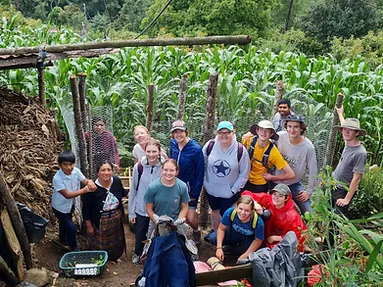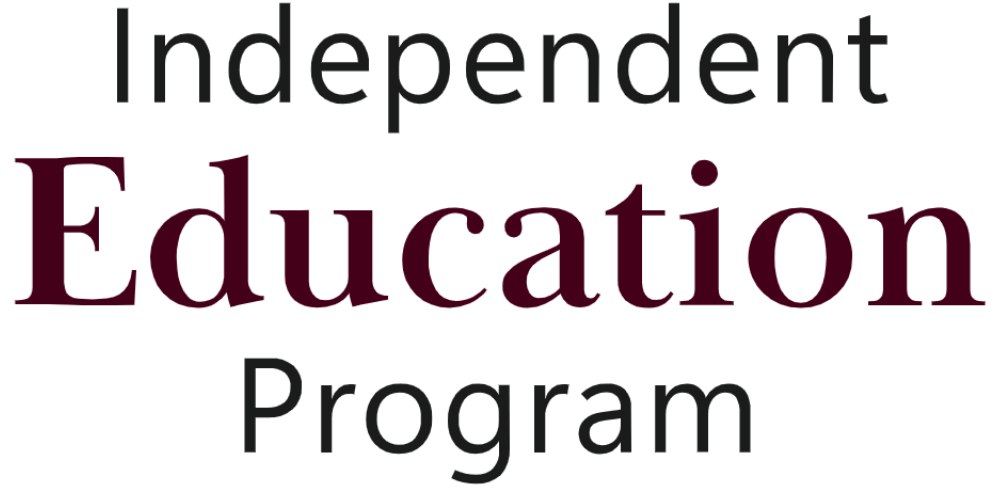Student Engagement
Each year, students across our organization participate in many different activities. Below is a list of common activities we create or encourage our students to participate in, regardless of which class they take. Check back often to ensure you always have the most up-to-date information on the events and activities you want to participate in.
Healthy Summer
New to the summer of 2025 is Healthy Summer. Students will be able to engage in activities throughout the summer that help them stay connected with their community, foster positive relationships, and create beneficial habits.
Events are teacher-led, and friends of students are invited to participate. Each area has different activities available to students. No student is required to participate, but fun, extra-curricular activities are available for them.
Mock Trial Camp
What is Mock Trial Camp?
Mock trial camp is a three day, intense, academic experience based on the Utah LRE Mock Trial annual competition.
Students are placed on teams with a team captain. Roles on the team will be distributed evenly (meaning that students try out being both an attorney and a witness) and team captains are chosen. Less experienced students are taught how to do mock trial by staff, team captains, and more experienced students.
Starting after lunch on day two, each team will go to trial 3 times. For the fourth trial, top performing students will be put into new teams in roles they haven't yet competed in during the camp for a final "Adapt or Die" trial. To conclude, top teams will be awarded and top competitors will be awarded.
Why Go?
Mock Trial Camp is a great way to get introduced to mock trial, to learn about the legal system, to develop and sharpen your mock trial skills, to prepare for speech and debate classes in the coming year, or just to have a great academic/ social experience for the summer!
The 2024 Mock Trial Camp will be held from August 5-7, 2025. Registration is now open for participants.
Guatemalan Summer Humanitarian Trip

The IEProgram is going to Panajachel, Guatemala to work with Cultiva International for a summer humanitarian educational experience. Come join us for this amazing adventure and wonderful learning experience. Growth happens when we are exposed to things that are outside of our comfort zone. This trip will definitely give you that opportunity.
The trip will be led by Sam Martineau.
On this trip we will:
-
Learn how to do effective humanitarian work- we will work with Cultiva International to learn how to serve and help others in a sustainable way working side by side with the local Mayan community and experience real connection.
-
Use our opportunity to work in Guatemala to learn about complex issues like poverty, barriers to economic growth and opportunity, humanitarian work and its impacts, unintended consequences, etc.
-
Develop leadership skills- We will spend some time doing personal development and learning leadership skills that will help prepare you for future success and growth.
-
Learn about and connect with a different culture- We will take time to get to know and come to understand the communities in which we work. We will have the opportunity to visit some of the villages around Lake Atitlan and learn about their culture. This is a great way to see how others live and gain a new perspective and appreciation for the many modern conveniences we enjoy in the U.S.
-
Have fun adventures- We will be able to enjoy the beautiful nature and scenery of Guatemala by going zip lining through a nature reserve and spend some time on and in the beautiful lake.
And so much more...
The next Guatemala trip is planned for Summer of 2027
Annual Food Drive
This information has moved to its own page.
